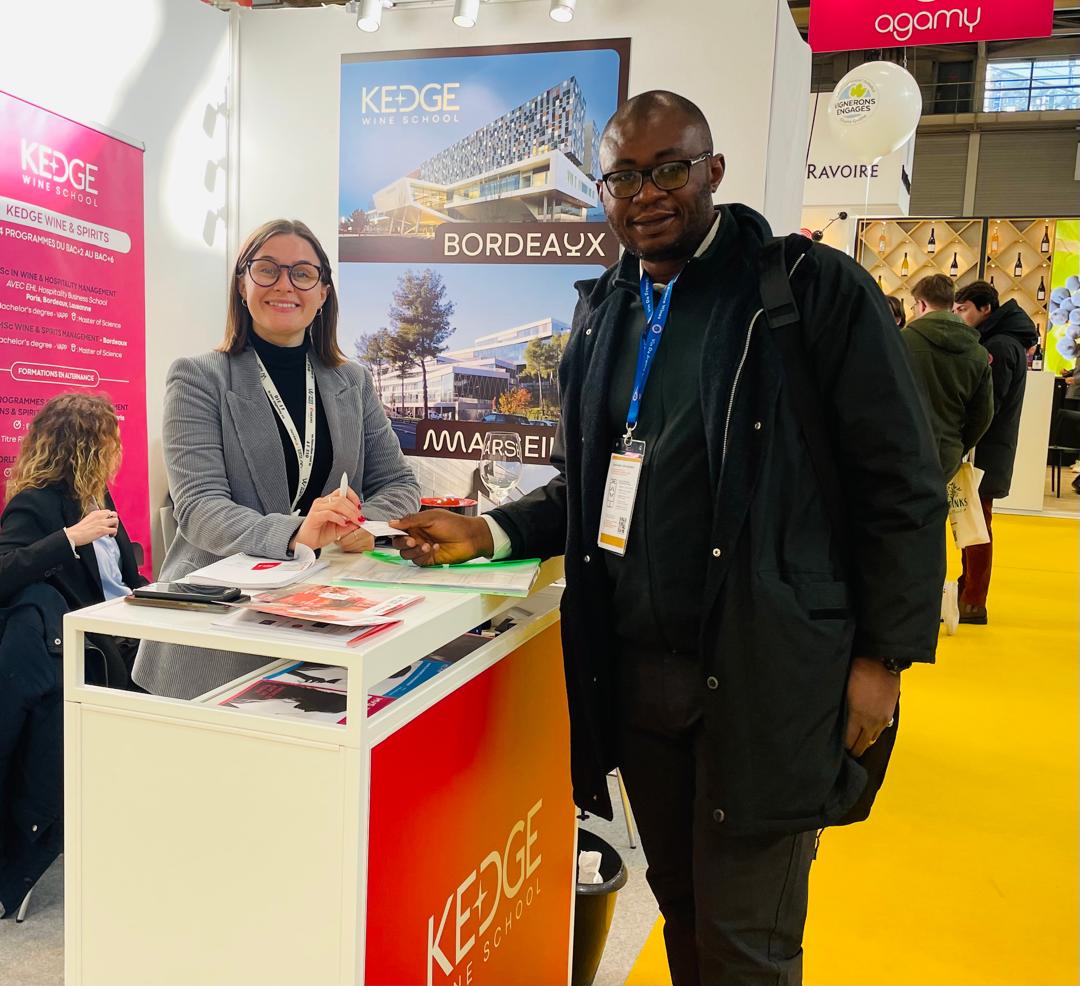The festive season in Nigeria, often called “Detty December,” has evolved into a cultural phenomenon. This December was no different, as Nigerians across urban centers like Lagos, Abuja, Port Harcourt, Owerri, and Enugu celebrated with unparalleled enthusiasm. December 2024 was perhaps the most vibrant festive season in over five years, rivaling the pre-COVID-19 era when the economy was relatively stable, inflation was manageable, and the exchange rate was less volatile. Despite the current economic hurdles—ranging from high inflation at 34.6% in November to the lingering effects of subsidy removal on petroleum—Nigerians displayed remarkable resilience, determined to celebrate life and culture with gusto.
A defining feature of Detty December 2024 was the influx of Nigerians in the diaspora. With favorable exchange rates significantly boosting their purchasing power, these returnees injected billions of naira into the economy. According to Kayode Omosebi who is said to be a consultant to the Lagos State Government on taxation and revenue, Murtala Muhammed International Airport recorded approximately 550,000 inbound passengers between November 19 and December 26, 2024. An overwhelming 90% of these passengers were Nigerians returning home for leisure and tourism.
The economic impact of this migration was palpable. Lagos, the epicenter of festivities, saw an estimated 1.2 million tourists, 60% of whom were local visitors from states like Abuja and the South-East. Diaspora Nigerians led spending in the hospitality, nightlife, and entertainment sectors, contributing to an estimated ₦54 billion ($36 million) in hotel bookings alone. Short-let apartments also thrived, generating approximately ₦21 billion ($13 million), with hotspots like Eko Atlantic and Banana Island commanding premium rates, according to Omosebi.
The nightlife economy surged during this period, with the top 15 lounges and nightclubs in Lagos generating an estimated ₦4.32 billion ($2.7 million) in sales. Average daily revenues for these establishments reached ₦360 million, with table bookings often exceeding ₦1.2 million per night. Beyond nightlife, recreational activities such as artist performances, food and beverage sales (particularly wine and spirits), and fine dining collectively brought in over ₦20 billion ($13 million).
The wine and spirits industry, in particular, emerged as a significant beneficiary of the season’s festivities. Champagne and premium wine brands were prominently featured at high-profile events, especially in the Southeast, where weddings, chieftaincy ceremonies, and large-scale celebrations took center stage. Despite concerns over counterfeit products circulating on social media, consumer education campaigns successfully mitigated fears, ensuring robust sales throughout the period.
While the wine and spirits market remains vibrant, it is not without challenges. The devaluation of the naira continues to inflate import costs, which, coupled with reduced consumer purchasing power, and poses a significant threat to the sector’s growth. Import bottlenecks, including delays in customs processing and high tariffs, further exacerbate the issue, driving up retail prices.
The regulatory environment remains a critical bottleneck. Unstructured policies and the high cost of product registration create barriers for both local and international brands seeking to penetrate the market. Additionally, frequent policy changes by the government contribute to market instability, discouraging long-term investments.
High borrowing costs also stifle growth, with interest rates hovering between 35% and 40%. For many operators, these rates make it nearly impossible to access the capital required to expand their businesses. Furthermore, the prevalence of counterfeit alcoholic products not only threatens consumer trust but also undermines the profitability of legitimate businesses.
Despite these challenges, the Nigerian wine and spirits market is ripe with potential heading into 2025. Increased diaspora tourism is expected to boost local demand further, as more Nigerians abroad choose to return home during festive seasons. The government’s ongoing efforts to address insecurity could also enhance nightlife and hospitality in major cities, particularly in the South-East and South-West regions.
The hospitality sector is poised for significant expansion, with new investments in hotels, lounges, and restaurants. These developments present an opportunity for the wine and spirits industry to tap into a growing market, particularly as alternative investment hubs gain traction in Nigeria’s evolving economy.
The estimated ₦120 billion spent on lifestyle activities during Detty December underscores Nigeria’s cultural vibrancy and appetite for celebration. However, the broader economic implications of this spending are mixed. While it stimulates sectors like hospitality and entertainment, critics argue that it diverts resources away from core economic activities, limiting its long-term impact on growth.
To fully realize the economic potential of Detty December, systemic issues must be addressed. Infrastructure improvements, streamlined supply chains, and enhanced security are crucial to sustaining growth in the wine and spirits sector. Projections by Omosebi and his team suggest that, with these reforms, Detty December could generate up to $2 billion in foreign exchange by 2026, making it a cornerstone of Nigeria’s tourism-driven economy and the wine and spirits sector will be a huge beneficiary of his growth.
Detty December has become more than a festive season; it is a cultural and economic phenomenon. The wine and spirits market, though currently constrained by structural challenges, holds immense potential for growth. With the right policy interventions, Nigeria can transform this vibrant sector into a significant contributor to its GDP. As we look toward 2025, the resilience and innovation displayed during December 2024 offer a glimpse of what is possible when tradition meets opportunity.
Victor Ikem is a seasoned professional in the wine and spirits market and the author of the book Nigerian Wine and Spirits Market: Structure, Culture, and Regulations. Based in Lagos, he brings valuable insights into the industry through his writing.


